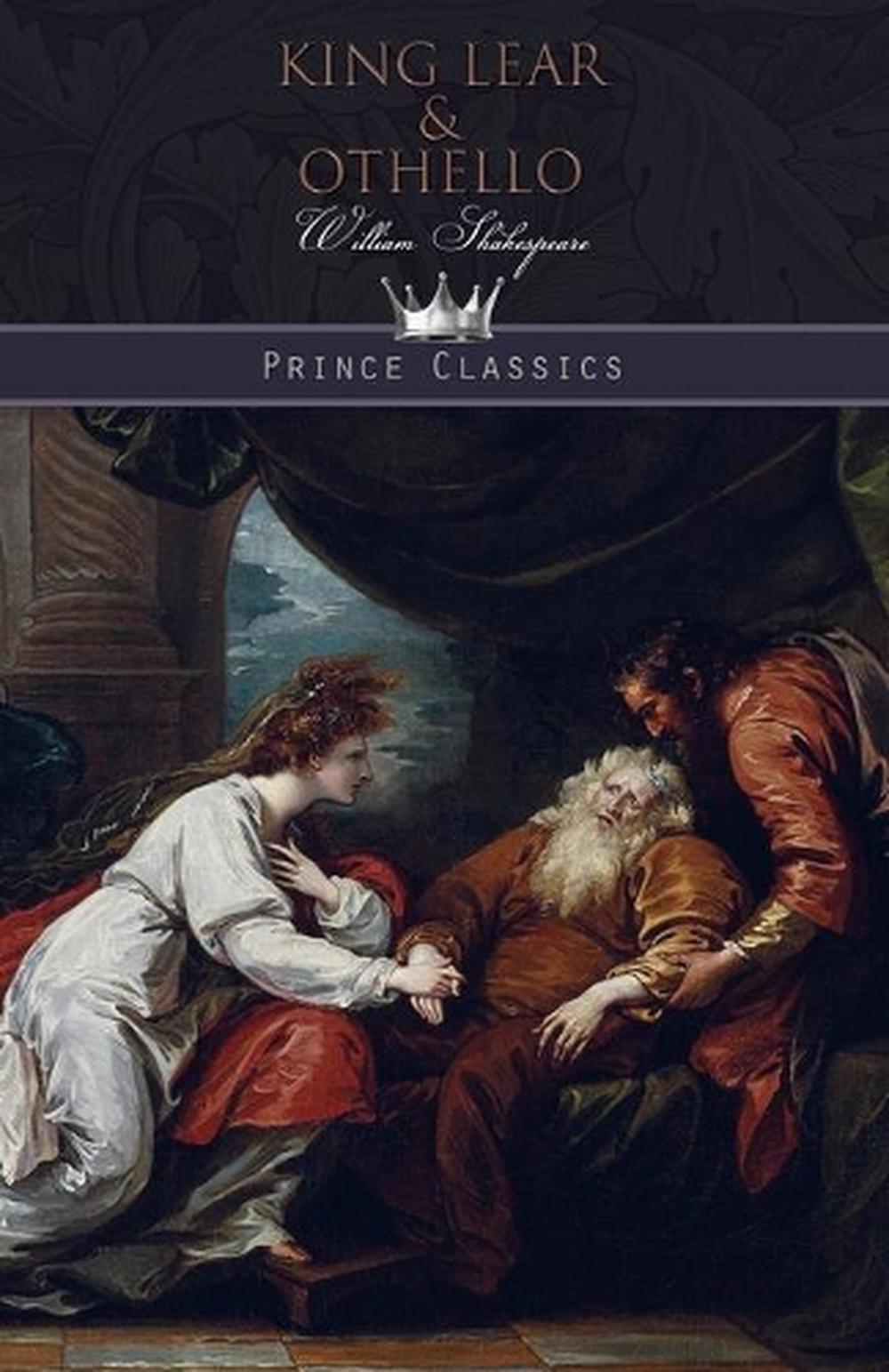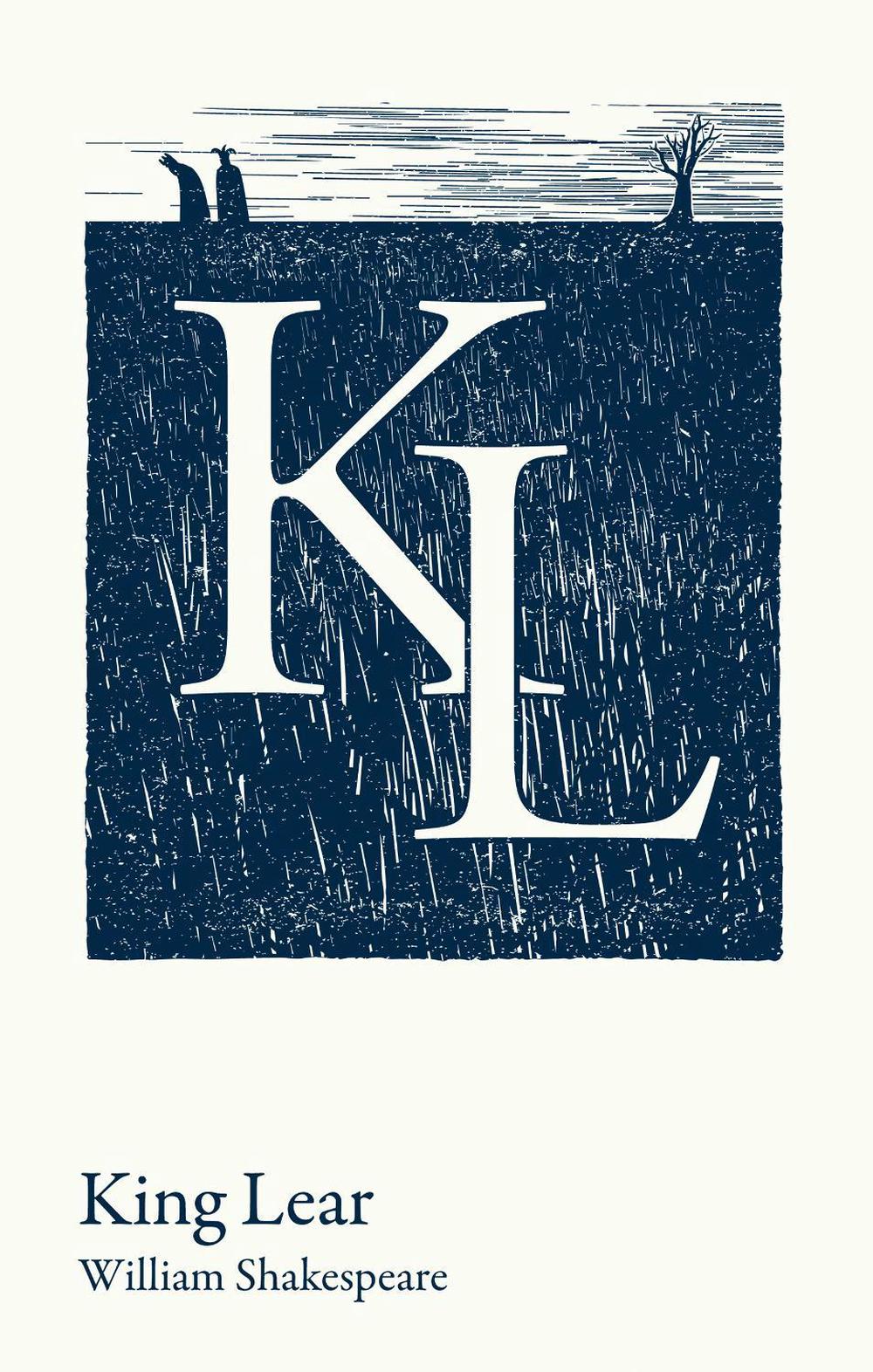
Companies broke up or were forced to tour in the provinces, hoping that news of the pestilence didn’t travel ahead of them. Actors were forced into other work and, of course, many died (people aged between 10 and their mid-30s were especially vulnerable). These were dark periods for theatres in more senses than one.

Photograph: Allstar/Sony Pictures Classics It was held outdoors because of the risk.ĭark times … Kenneth Branagh as Shakespeare in All Is True, with Judi Dench as Anne Hathaway. His father, John, was closely involved in relief efforts and attended a meeting to help Stratford’s poorest. Growing up, Shakespeare would have heard endless stories about this apocalyptic event and kneeled in church in solemn remembrance of townsfolk who were lost. As an infant, he was lucky to survive the disease: Stratford-upon-Avon was ravaged by a huge outbreak in the summer of 1564, a few months after he was born, and up to a quarter of the town’s population died. Certainly it’s fair to say that, like all Elizabethans, the playwright’s career was affected by the bubonic plague in ways that are all but impossible to conceive now, even in the midst of Covid-19. Yet, is it actually true, the bit about Shakespeare? Well, maybe.


Why aren’t you finally dusting off that novel or screenplay you’ve been itching to write? It’s what the Bard would do, surely. If you weren’t panicky enough about how little you’ve achieved recently, this is surely a way to feel worse.

The Bard supposedly took advantage of the Globe’s lengthy closure to get on top of his writing in-tray – coming up with Macbeth and Antony and Cleopatra to boot. W hile those of us stuck in self-isolation or working from home watch TikTok videos and refresh liveblogs, a meme has been going around that claims Shakespeare made use of being quarantined during the plague to write King Lear.


 0 kommentar(er)
0 kommentar(er)
